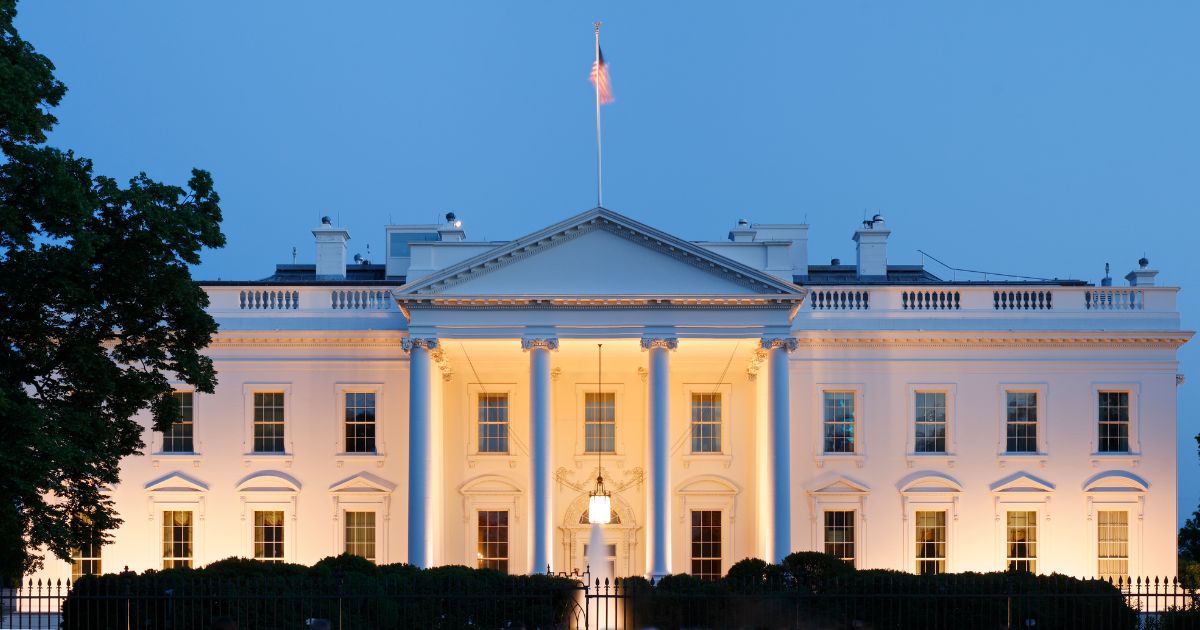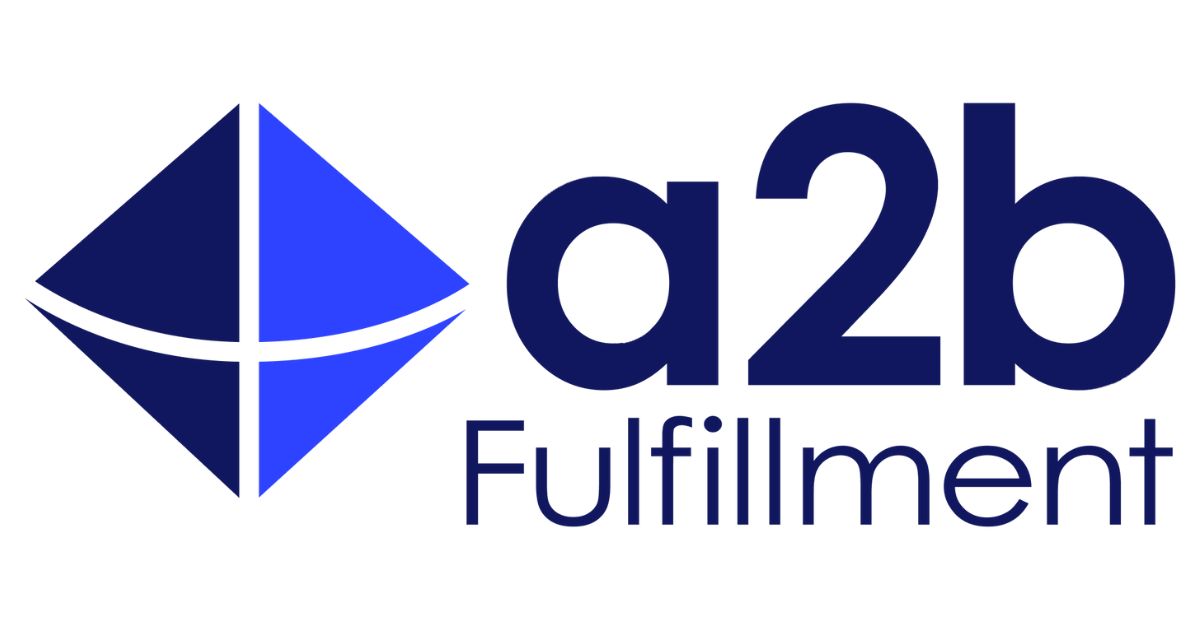Understanding the New Executive Order on Suspending Duty-Free De Minimis Treatment
On July 30, 2025, President Trump signed a significant Executive Order titled "Suspending Duty-Free De Minimis Treatment for All Countries," fundamentally altering the landscape of low-value packages import exemptions in the United States. This order, rooted in the authority of the International Emergency Economic Powers Act (IEEPA) and other legal frameworks, addresses national emergencies related to illicit drug trafficking, trade deficits, and national security. Below, we break down the key points, implications, and context of this order for businesses, consumers, and international trade stakeholders.
Background and Context

The de minimis exemption under 19 U.S.C. 1321(a)(2)(C) has historically allowed low-value shipments (typically under $800) to enter the U.S. duty-free, facilitating e-commerce and reducing administrative burdens for small-value imports. However, concerns over the misuse of this exemption—particularly for evading tariffs, concealing illicit substances like fentanyl, and undermining U.S. trade policies—have prompted a series of executive actions targeting specific countries, including Canada, Mexico, China, Hong Kong, and potentially other countries.
President Trump's latest de minimis order builds on prior actions, such as Executive Orders 14193, 14194, 14195, and 14257, which declared national emergencies related to drug trafficking and trade imbalances. These orders initially suspended duty-free de minimis treatment for specific goods from Canada, Mexico, and China but paused implementation until systems were in place to collect duties efficiently. The Secretary of Commerce has now confirmed that such systems are ready, enabling a global suspension of the de minimis exemption.
Key Provisions on De Minimis Shipments
The Executive Order, effective for goods entered for consumption on or after August 29, 2025, introduces sweeping changes to how low-value shipments are processed. Here are the main components:
1. Global Suspension of De Minimis Exemption
- Scope: The duty-free de minimis exemption is suspended for all shipments not covered by 50 U.S.C. 1702(b), regardless of value, country of origin, or mode of transportation, except for international postal shipments (temporarily).
- Impact: All de minimis shipments will now be subject to applicable duties, taxes, fees, and charges, requiring formal entry through the Automated Commercial Environment (ACE) system by qualified parties.
2. Special Rules for International Postal Shipments
- Temporary Exemption: Until U.S. Customs and Border Protection (CBP) establishes a new entry process, international postal shipments remain exempt from formal entry but are subject to specific duty rates.
- Duty Rates:
- Carriers can choose between two methodologies:
- Ad Valorem Duty: Based on the effective IEEPA tariff rate for the country of origin.
- Specific Duty: Fixed rates based on the country’s IEEPA tariff rate:
- Less than 16%: $80 per item.
- 16–25%: $160 per item.
- Above 25%: $200 per item.
- Less than 16%: $80 per item.
- Specific Duty: Fixed rates based on the country’s IEEPA tariff rate:
- After six months (February 28, 2026), all postal shipments must use the ad valorem duty methodology.
- Ad Valorem Duty: Based on the effective IEEPA tariff rate for the country of origin.
- Country of Origin Declaration: Carriers must declare the country of origin for all dutiable postal shipments.
3. Implementation and Enforcement
- CBP’s Role: CBP is authorized to implement the order, including requiring bonds for informal entries (valued at $2,500 or less) and international carrier bonds to ensure duty payment.
- Federal Register Notices: CBP will publish new entry processes for postal shipments and may amend regulations to align with the order.
- Interagency Coordination: The Secretary of Homeland Security will consult with various agencies, including the Department of State, Treasury, and the U.S. International Trade Commission, to ensure smooth implementation.
4. Addressing National Emergencies
The order ties the suspension to four distinct national emergencies:
- Illicit Drug Trafficking: Targeting Canada (EO 14193), Mexico (EO 14194), and China/Hong Kong (EO 14195) to curb the flow of fentanyl and other drugs, addressing evasion tactics like deceptive packaging and false invoices.
- Trade Deficits: Addressing large and persistent U.S. goods trade deficits (EO 14257) by ensuring tariffs are not undermined through low-value shipments.
Each suspension is framed as an independent action to address its respective emergency, ensuring legal clarity and severability.
Implications for Stakeholders
For Businesses
- E-Commerce Platforms: Companies like Amazon, eBay, and Shein, which rely heavily on low-value imported goods, will face increased costs due to new duties, potentially raising prices for consumers or squeezing profit margins.
- Logistics and Carriers: Transportation carriers, especially those handling international postal shipments, must adapt to new duty collection processes and may need to secure bonds, increasing operational complexity.
- Small Businesses: Importers of low-value goods may face higher costs and administrative burdens, potentially impacting competitiveness against domestic suppliers.
For Consumers
- Higher Prices: The removal of duty-free de minimis treatment for low-value imports is likely to increase the cost of goods purchased online from international sellers.
- Customs Delays: Formal entry requirements may lead to longer processing times for shipments, affecting delivery speeds.
For International Trade
- Global Impact: The global suspension of de minimis treatment could disrupt trade flows, particularly for countries with high volumes of low-value exports to the U.S., such as China, Canada, and Mexico.
- Reciprocal Tariffs: The order aligns with efforts to address trade imbalances, potentially prompting retaliatory measures from affected countries creating situations where U.S. stakeholders are paying tariffs.
Why This Matters
The suspension of duty-free de minimis treatment reflects a broader U.S. policy shift toward tightening trade controls to address national security, public health, and economic concerns. By closing loopholes that allow tariff evasion and the smuggling of illicit goods, the administration aims to protect American industries, enhance border security, and combat the opioid crisis. However, these changes come with trade-offs, including potential cost increases for consumers and operational challenges for businesses.
Looking Ahead
The implementation date of August 29, 2025, gives stakeholders a brief window to prepare for compliance. Businesses should:
- Review supply chains to assess exposure to new de minimis duties.
- Engage with logistics partners to understand duty collection methodologies.
- Monitor CBP’s Federal Register notices for updates on postal shipment processes.
As the U.S. navigates these changes, the balance between security, economic policy, and consumer convenience will remain a critical point of discussion. Stay tuned for further developments as CBP rolls out new procedures and the trade community adapts to this new reality.
About a2b

For 25 years, a2b has helped clients fulfill their brand promise. With experience in DTC, eCommerce, B2B, and Amazon services, we have you covered. Order fulfillment, value-added services, and customer care are our specialties. We take the pain out of these complex solutions, so you can focus on your success. We combine advanced technology, automation and robotics, with the most talented people to deliver an exceptional experience for you and your customers. Contact us today to learn more.






